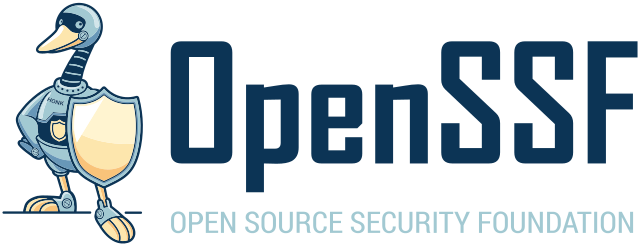
This post describes how to implement the OpenSSF Compiler Options Hardening Guide for C and C++ in CMake.
Read more...
This post describes how to implement the OpenSSF Compiler Options Hardening Guide for C and C++ in CMake.
Read more...
In a previous blog post, I described how I took Emscripten-created JS and turned it into an UMD module. One of the reasons I did this was because I wanted more control over the generated JavaScript and for it to be usable in more contexts, such as with the RequireJS module loader.
As I am a responsible developer, I desired to create a number of automated unit tests to ensure that the client-visible API for my Emscripten module works as I intended. I began by searching for a browser automated test framework and settled upon Nightwatch.js. Now I just had to figure out how to get Nightwatch.js tests running in my existing, CMake-based build system. Here’s how I did it.
Read more...
By default, Emscripten creates a module which can be used from both Node.JS and the browser, but it has the following issues:
Module (in my case, I require streamingPercentiles)While the above issues can (mostly) be corrected by using –s MODULARIZE=1, it changes the semantics of the resulting JavaScript file, as the module now returns a function rather than an object. For example, code which previously read var x = new Module.Klass() would become var x = new Module().Klass(). I found this semantic change unacceptable, so I decided to abandon Emscripten’s -s MODULARIZE=1 option in favor of hand-crafting a UMD module.